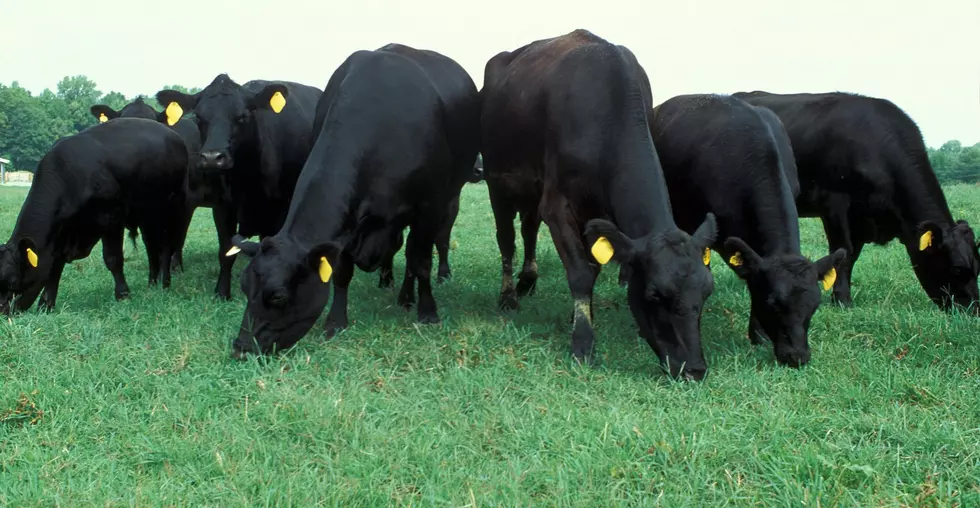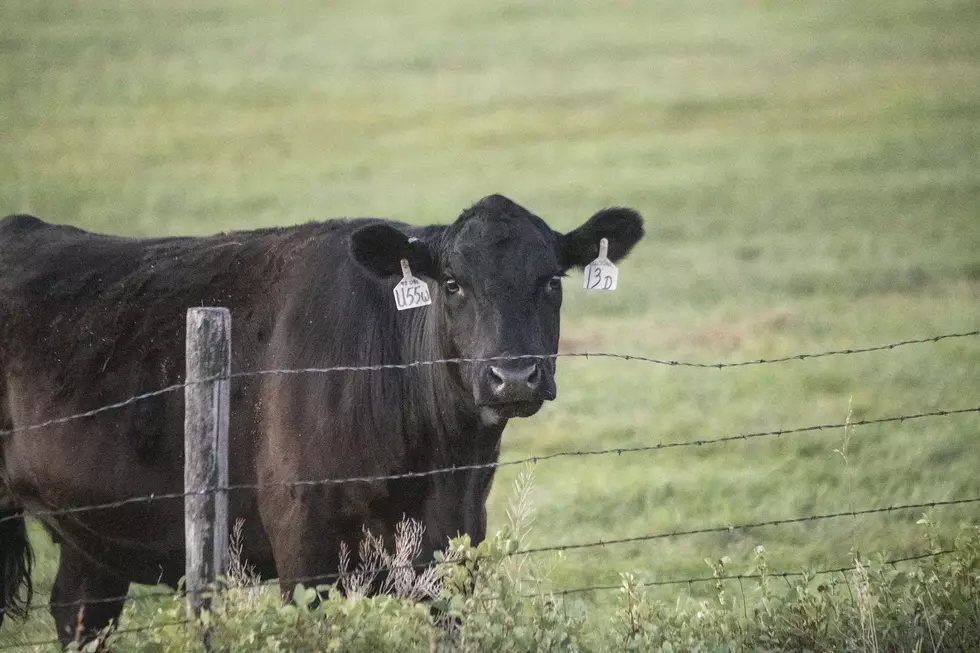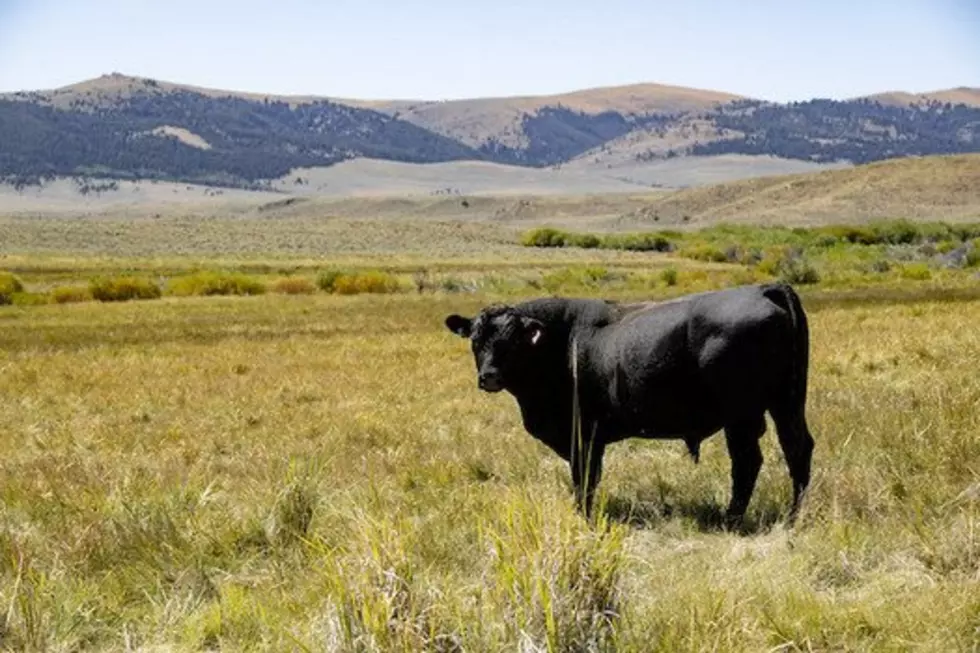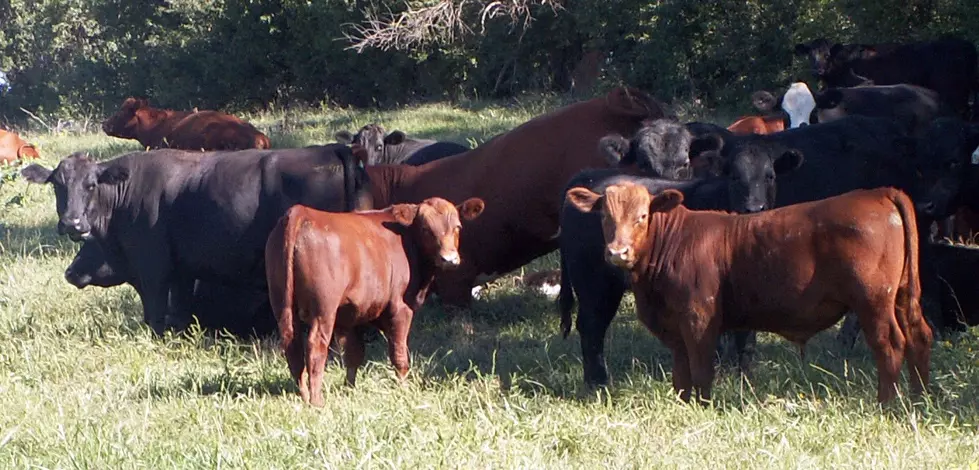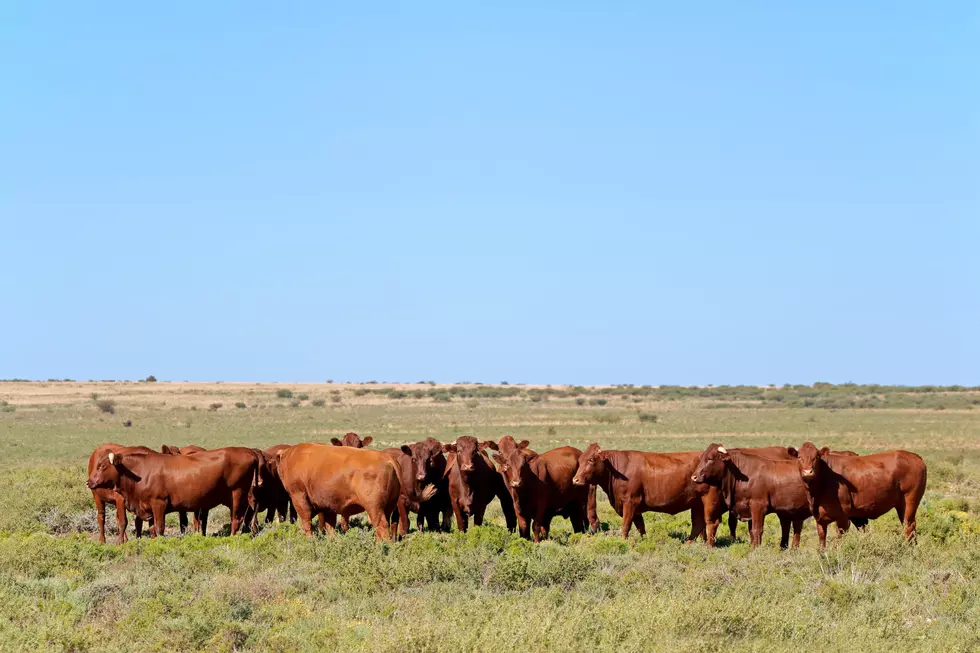
BQA For All Cattlemen Says Producer, Restaurateur
Most cattle producers have heard those three letters, BQA, but the next step for Beef Quality Assurance is earning that certificate, a basic demand from the supply chain. That’s according to Angus producer and restaurateur Jonathan Perry. He noted while beef quality keeps improving, producers need to find new ways to rise above that newly elevated bar. That’s why Perry says it’s imperative all employees hold BQA, certification.
Perry added it makes sense for bull customers as well.
“With today’s margins as tight as they are, a commercial customer needs to seek every premium he can find in the market place.”
Perry said the guidelines are easy to incorporate with very little change for most operations.
“The beauty of the BQA is that you know those standards were put together by cattle producers, by veterinarians, by industry people. So we have the ability to layout the guidelines in a way that doesn’t affect or impede our production every day.”
Perry said BQA is not only the best combination of science and common sense, but they’ve become the standard for doing business in the cattle marketplace.
“Packers and the end users are endorsing Beef Quality Assurance and are basically sending the message back to the producers that ‘this is what we expect. It’s not what we want, it’s what we expect.’ And as an industry we want to be sure that you’re held to those standards and those product reach the market place knowing they’ve been handled that way from day one.”
Operating a barbecue venue, Perry knows about the links between cattle handling and beef quality.
“Beef Quality Assurance starts at the farm, but ultimately owning a restaurant and serving high quality beef to customers brings it full circle. A lot of the things that we do on the farm every day, have always done and maybe didn’t realize the purpose quite to the extent that we should, when you put yourself in that restaurant, put an apron on and stand behind the grill or carry plates to the tables and watch consumers actually eat our product at an endpoint, it gives you a lot of perspective about why those things are so important.”
Work in foodservice underscores how routine practices like injections, chute handling and long-distance hauling can affect the beef product before that last market opportunity to consumers.
“All of those things negatively impact our cattle if they aren’t handled right. And if that high-quality product doesn’t get to the restaurant in the right shape or form, then we aren’t impacting the positive eating experience for those consumers.”
Click Here to learn more.
If you have a story idea for the Washington Ag Network, call (509) 547-1618, or e-mail gvaagen@cherrycreekradio.com
More From PNW Ag Network
